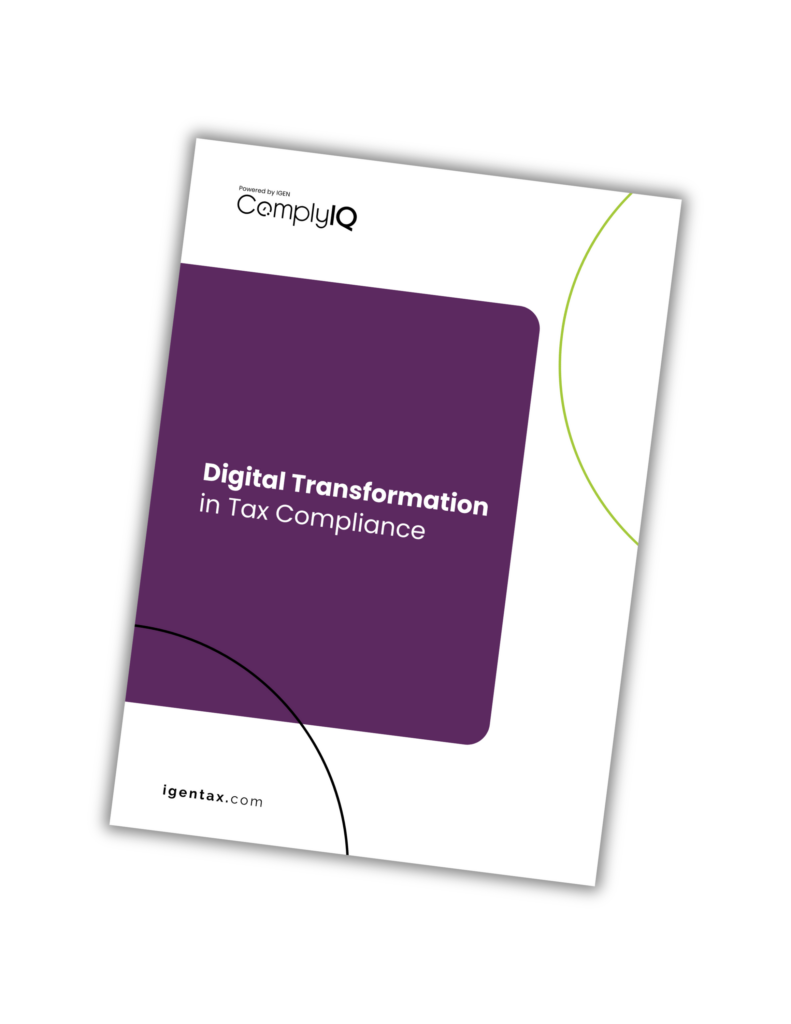
2023 FTA Panel Discussion: Fuel Tax Technology for Compliance
During the 2023 Federal Tax Administrators' annual Motor Fuel Section Conference, our subject matter expert, Cole Sturdivant, joined a panel discussing the technology in fuel tax compliance. Here are some of the takeaways if you missed the discussion.
Bots
What are Bots
A bot is a programmed software application designed to perform specific tasks autonomously, operating without the need for manual initiation by a human user. Bots commonly focus on repetitive tasks and execute them quickly, saving time and increasing productivity.
Bots in Fuel Tax
There is a rise in the need for bots in the fuel industry to automate and streamline compliance processes. There are solutions throughout the entire fuel tax compliance lifecycle: managing licenses, preparing and calculating complex fuel taxes, filing and reporting for jurisdictions, and overall analysis.
Some attendees shared that they use bots to crawl the web and find public information for state license statuses.
Think of these bots as the ultimate assistants. They are created to complete repetitive manual tasks quickly and effectively. Which in turn frees up your calendar to focus on strategic initiatives.
Extract Transform Load (ETL)
What is an ETL
ETL stands for Extract, Transform, and Load. This software digitally transforms data, decreasing the need for manual data manipulation. Having ETL capabilities is a critical part of tax compliance in fuel. Here's what each step in the ETL process involves:
Extract: In this step, data is extracted from various sources. These sources include databases, spreadsheets, web services, logs, and other data repositories. Extraction can involve retrieving entire datasets or specific subsets of data.
Transform: Once the data is extracted, it often needs to be transformed to be useful for analysis and reporting. Transformation involves cleaning, like removing duplicates or fixing missing values. It also includes reformatting the data so it can be reported and filed properly.
Load: Finally, the prepped data is inserted into a data repository for analysis or reporting.
ETL in Fuel Tax Compliance
It was obvious by the head nods many people are familiar with ETL and use it in some way in their tax team.
ETL is commonly used for extracting data, like internal product codes, and internal transport codes, and transforming it for jurisdiction requirements.
The seamless collection, processing, and integration of diverse data sources are integral to saving time and increasing accuracy with reporting and compliance.
Advanced Excel Features
Advanced Excel Features in Fuel Tax
We are all familiar with Excel, but some of the advanced capabilities of Excel seemed to be new to attendees. How many of these features do you already use today?
- Power Query: a relatively new Microsoft tool that works as a basic ETL for Excel or PowerBI.
- Fuzzy matching: This allows you to check and merge related items across different lists even if they are not exactly the same. You can set the threshold and tolerance for this.
- New window and arrange: This allows you to view and compare multiple worksheets in the same workbook at once.
- Text to columns: Allows you to split text data into separate columns and apply unique formatting as needed.
- Import statistics from websites: which allows you to import, access, and analyze online data in your sheet
- Custom lists: Allows you to create and sort data according to your own criteria with a list of values that you can use in custom fields.
- PivotTables: Is an interactive way to summarize and analyze large data sets.
Data Warehouse
What is a Data Warehouse
A data warehouse is exactly what it sounds like a place to store large amounts of historical data. Data warehouses are critical in making data-driven decisions by providing a reliable and efficient way to store, access, and analyze data.
Data warehouses in Fuel Tax
There are thousands of transactional data points in the fuel industry. If you have an assessment or audit, you might be tasked with solving an inconsistency in data or sending more data to a jurisdiction. This can be a complete nightmare if your data isn’t stored and organized properly. Data warehouses systematically store data so you can easily mine it for the information you need making this a valuable asset to any fuel company.
Increase Need for Fuel Tax Compliance Technology
Another trend we saw at the FTA conference was an increase in attendees searching for technology they could implement to help the business be more effective and efficient. A major pain point attendees shared was the retirement of their tax experts. They seemed to struggle to hire and retain tax employees to fill the shoes of the retirees. This has led them to search for technology to help with day-to-day tax compliance.
Embracing technology in fuel tax compliance is not just a choice; it's necessary for businesses looking to thrive in a rapidly evolving regulatory landscape. Explore the latest technology to simplify your oil & gas tax compliance process.
Subscribe now for tax compliance insights
Don't forget to share this post!
Bob Donnellan
Motor Fuel Tax Subject Matter Expert


